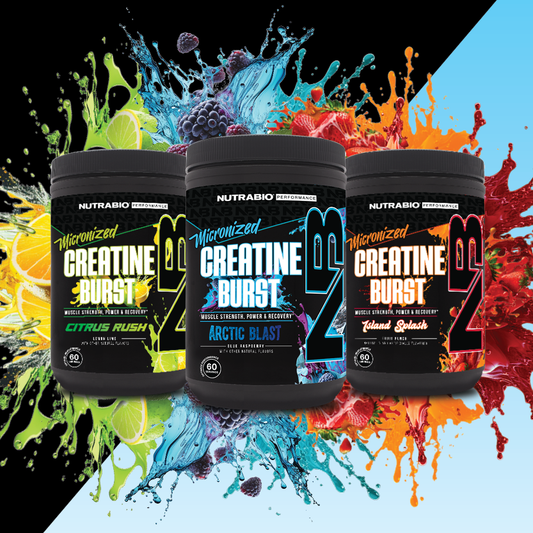Beta glucan is a type of soluble fiber that is found in a variety of foods, including oats, barley, and mushrooms. It has gained popularity in recent years as a dietary supplement for its potential benefits on immune support and heart health.
What is Beta Glucan?
Beta glucan is a type of soluble fiber that is found in the cell walls of certain plants and fungi. It is particularly abundant in oats and barley, but can also be found in mushrooms, yeast, and seaweed. It is not produced by the body, so it must be obtained through the diet or supplements.
Benefits of Beta Glucan
- Immune Support: Beta glucan has been found to have a number of potential benefits for immune support. It can improve the function of immune cells, reduce inflammation in the body, and improve the body's response to infections.
- Heart Health: Beta glucan has been found to have a number of potential benefits for heart health. It can reduce cholesterol levels in the body, improve blood sugar control, and reduce the risk of heart disease.
- Improved Digestion: Beta glucan is a type of soluble fiber, which means it can help improve digestion by promoting the growth of healthy gut bacteria and reducing the risk of digestive issues like constipation and diarrhea.
How to Use Beta Glucan
Beta glucan is available in a variety of forms, including capsules and powders. It is important to follow the recommended dosage guidelines for your specific supplement, as dosage can vary depending on the form and concentration of the supplement.
Side Effects and Precautions
Beta glucan is generally considered safe when taken as directed. However, like any supplement, it can cause side effects in some individuals. The most common side effects include stomach upset, bloating, and diarrhea. It may also interact with certain medications, including blood thinners and diabetes medications. It is important to talk to your doctor before taking beta glucan, especially if you have a medical condition or are taking medications.
Conclusion
Beta glucan is a type of soluble fiber that has gained popularity as a dietary supplement for its potential benefits on immune support and heart health. It can improve immune function, reduce inflammation, improve heart health, and improve digestion. While it is generally safe when taken as directed, it is important to talk to your doctor before taking beta glucan, especially if you have a medical condition or are taking medications.


